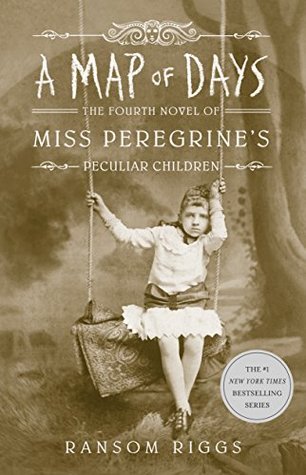More on this book
Community
Kindle Notes & Highlights
by
Ransom Riggs
Read between
March 7 - March 7, 2022
“Peculiar Planet: North America,” Olive said, and held up a book with a tattered green cover. “It’s a
travel guide for peculiars. It named Muncie America’s Most Normal Town six years running. Totally average in every way.”
“Actually, I was expecting more in the way of flying cars and robot assistants and such. Robot pants at the very least.” “Sorry about that. We made the internet instead.”
“When I was your age,” she said, “I tried something similar with my parents.” “Miss Peregrine, I really don’t feel like talking right now.” “So, listen.”
The way people rejected anything that didn’t fit their narrow paradigm of acceptability, as if those who thought or acted or dressed or dreamed differently from them were a threat to their very existence. That, more than anything, was why I had felt so alone growing up.
“Me, neither,” I said. I wasn’t tired anymore, just pissed off and deeply unsettled. I had grown up in the American South—a weird, tropical version of it, filled with transplants from other parts of the country; but still, the South. But I’d never really confronted its ugly past. I’d never been forced to; I was a wealthy white kid in a mostly white town. I felt ashamed that I had never really reckoned with it, never imagined what a simple road trip through
my own state might’ve been like for anyone who didn’t look like me. And not just in the past. Just because Jim Crow was dead didn’t mean racism was. Hell, in some parts of the country, those laws were still officially on the books.
My body went cold as I said it. But it felt true and right. We were unequal in our feelings for each other, and my only choice was to pull back. We stood there for a long moment, the sound of traffic washing over us in waves, not knowing quite what to do next. And then she put her arms around me and hugged me, and said she was sorry.


